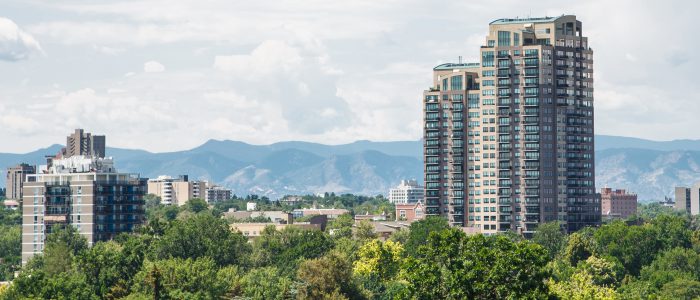
The Vallagio Case
How a Supreme Court Ruling May Impact the Housing Market in Colorado
BY CAR GOVERNMENT AFFAIRS MANAGER ELIZABETH PEETZ
As summer heats up after another successful legislative session at the State Capitol (don’t forget to check out CAR’s top five successes blog post on our website for more information about that!) we are also pleased to announce that the Colorado Supreme Court has issued their ruling in the Vallagio Case (view the full ruling here). This ruling is a big win for the state of Colorado, homeowners, property rights, and the potential to increase the much needed supply of our severely thin housing inventory.
The Court’s decision protects the right for a developer or builder party to require that construction litigation disputes go to arbitration, and further, allows a developer party to be consulted if a homeowner association wants to make a change in their governing documents. Arbitration can often be a faster way to resolve disputes than going through a court trial. But moreover, according to Scott Smith, CEO of the Colorado Association of Home Builders, arbitration is one of the “many factors, including the risk and expense of litigation and the cost of insurance” that home builders consider “when making investments and taking on the risks of projects like condos.” (Source: http://www.denverpost.com/2017/06/05/colorado-supreme-court-construction-defectsbattle/ )
Many of your clients and colleagues may be asking you about this court case and what it means for them and the overall housing market.
Let’s walk through the timeline and the court decision
2007 The builder declarant drafted the Vallagio condo project’s declarations allowing unit owners to amend it if they meet the required vote threshold of 67% of the homeowner association membership. Additionally, all claims for construction defect litigation had to be submitted to arbitration and this process of alternative dispute resolution could not be changed without the consent of the builder-declarant.
2013 Subsequently, the unit owners removed the arbitration requirement without consulting the builder-declarant and filed a construction defect claim in district court. That amendment process and the validity of requiring an arbitration process were at the heart of this case.
2017 The Colorado Supreme Court affirmed (agreed) the lower court’s decision in June, concluding: the consent to amend provision in the condo project’s declaration is valid and enforceable under the Colorado Common Interest Ownership Act (CCIOA); secondly, when unit-owners attempted to remove the arbitration provision, that removal was ineffective; and finally, the Court determined that arbitration is not precluded by the Colorado Consumer Protection Act (CCPA).
The full effect of this ruling and what it means for the housing market in Colorado will most likely evolve over the course of many months, but it is safe to say that this decision preserves the builder’s ability to enforce arbitration provisions.
This ruling, combined with the bipartisan legislation to reform construction litigation (House Bill 17-1279) during the 2017 session, will work together to give homeowners a say in whether or not they pursue construction litigation, be given information from both sides about that decision in a fair and open manner, and for those associations’ that have arbitration clauses, the right to seek resolution of their disputes outside of a courtroom is protected.
These policy changes are both meaningful steps toward reducing the frequency and magnitude of construction litigation. And the reduction in the frequency and magnitude of litigation will likely reduce the insurance obstacles that previously prevented the building of attainable housing product in Colorado. Thank you to every one of our members who have remained engaged on this issue and responded to our advocacy outreach. Feel free to reach out to our CAR government affairs department if you have any questions about this court decision and the legislation we championed at the Capitol at govaffairs@coloradorealtors.com.


